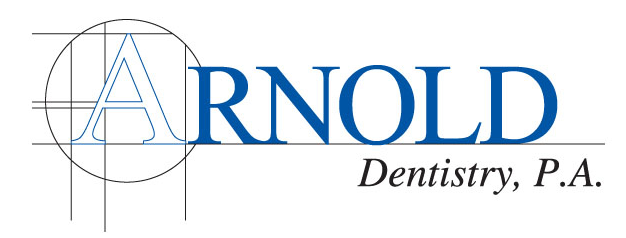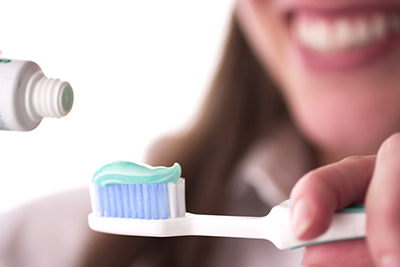I am Brushing my Teeth Twice a day, why do I still get Cavities?
Thu, Nov 12th, 2020
Most adults brush their teeth at least twice per day. This is a positive sign because it means people are understanding the importance of good oral hygiene. Although brushing your teeth is a good start when maintaining a healthy mouth, it's not everything.
You might know someone who brushes their teeth twice daily without taking any other precautionary measures, and they've never had a cavity. But most people need to do more than this. We could tell you the same old story; floss every day and visit the dentist every six months (in addition to brushing your teeth). But you've probably heard that so many times your head is about to explode! We trust that you are already taking these necessary steps... are we correct?
To understand why you are still getting cavities, even after seemingly doing everything correctly, it's important to understand:
- How cavities form
- How you can help your teeth re-mineralize
- When is the best time to brush your teeth
How do we get Cavities?
Our teeth are made of minerals. When you consume a sugar-packed drink or starchy food, the bacteria in the plaque on your teeth begin to produce acid. The acid then breaks down the enamel of your teeth. When the pH level in your mouth becomes more acidic, teeth start to lose the natural minerals that protect them.
It takes anywhere from 30 to 60 minutes after eating or drinking for the pH in your mouth to return to normal. However, if you keep consuming sugary or starchy things, you are not giving your mouth any time to recover and the process starts all over again. The acid continues to form from the plaque on your teeth.
How to help Re-mineralize your teeth
Did you know saliva acts as a natural buffer from harmful particles and helps flush them out? The same minerals found in our teeth are also present in saliva! After eating, saliva helps add calcium and phosphate back to teeth.
Of course, saliva production isn't enough to completely protect your teeth. That's where toothpaste containing fluoride comes into play. The next time your teeth are recovering from sugar and acid, your teeth can use the fluoride minerals in the saliva to provide a better and more decay-resistant enamel.
When is the Best Time to Brush your Teeth?
Brushing your teeth is important, but WHEN you brush is just as critical. While sleeping, plaque in your mouth multiplies and creates lots of bacteria. Brushing your teeth in the morning right after you wake up is beneficial because it immediately removes the plaque and bacteria that accumulated overnight. Also, it introduces fluoride into your mouth, which will help combat acid and tooth decay throughout the day.
If you like to wait and brush your teeth until after breakfast, wait at least 30 minutes after the meal before brushing. Brushing immediately might cause you to remove the helpful minerals in your saliva. Try drinking water or chewing sugarless gum to increase saliva flow to keep your teeth healthy.
Make sure you are brushing your teeth immediately before you go to bed. This will limit any prolonged acid exposure while you sleep.
Arnold Dentistry
Understanding how cavities form, what can prevent them, and knowing when to brush your teeth will significantly reduce the chances of getting cavities. When you couple this with flossing and regular dental cleanings, maintaining a healthy mouth is much more likely.
If you're looking for a dentist that will always have your best interest at heart and make you feel comfortable, contact Arnold Dentistry and schedule an appointment today!
(813) 689-1529






